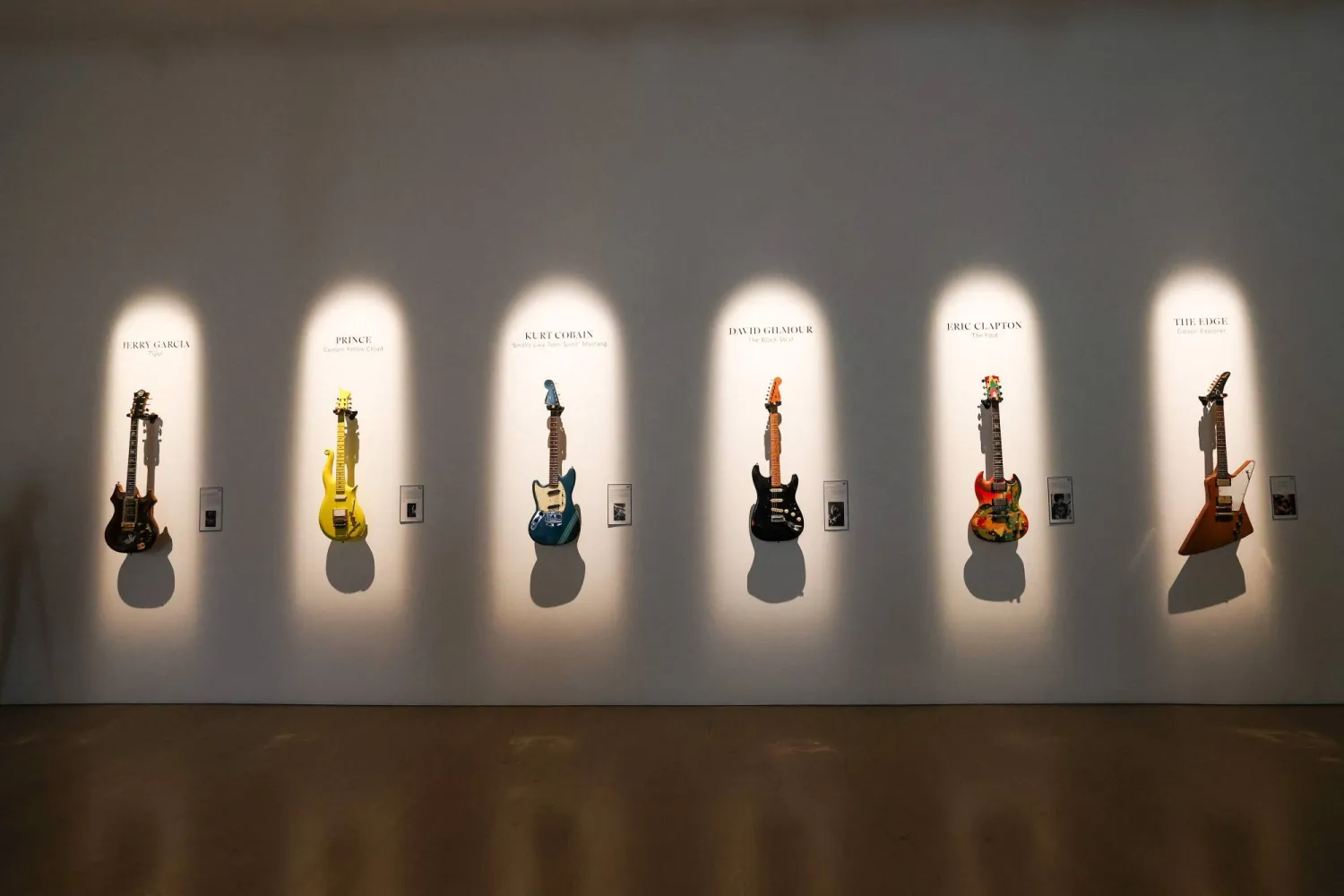Fans of hip-hop, country, pop, funk, R&B and rock all have reason to cheer the 2023 class entering the Rock & Roll Hall of Fame.
Missy Elliott, Kate Bush, Willie Nelson, Sheryl Crow, Chaka Khan, “Soul Train” creator Don Cornelius and the late George Michael will be inducted into the hall on Friday night in New York. The ceremony is also streaming live for the first time on Disney+.
Also entering the hall are The Spinners, Rage Against the Machine, DJ Kool Herc, Link Wray, Al Kooper and Elton John’s longtime co-songwriter Bernie Taupin.
The ceremony in Brooklyn will feature either as presenters or performers John, Brandi Carlile, Dave Matthews, H.E.R., Chris Stapleton, St. Vincent, New Edition, Stevie Nicks, Adam Levine, Carrie Underwood, Common, Ice-T, LL Cool J, Miguel, Queen Latifah and Sia. There’s even money that John will sing some of the songs he wrote with Taupin.
Elliott becomes the first female hip-hop artist in the rock hall, which called her “a true pathbreaker in a male-dominated genre.” Taupin makes it into the rock hall 29 years after his writing partner.
The ceremony’s strong representation of women this year comes not long after the hall removed Rolling Stone co-founder Jann Wenner from its board of directors. Wenner, who also co-founded the hall, had said that Black and female musicians “didn’t articulate at the level” of the white musicians featured in his new book of interviews. He later apologized.
Artists must have released their first commercial recording at least 25 years before they’re eligible for induction. Nominees were voted on by more than 1,000 artists, historians and music industry professionals.
Bush was a nominee last year but didn’t make the final cut. She got in this year due to a new wave in popularity after the show “Stranger Things” featured her song “Running Up That Hill (A Deal with God).” The hall hailed her for “using lush soundscapes, radical experimentation, literary themes, sampling, and theatricality to captivate audiences and inspire countless musicians.”
Bush comes into the ceremony having broken three Guinness World Records, including becoming the oldest woman to reach No. 1 and the longest gap between No. 1s on the UK’s singles chart.
Crow was recognized for key songs in the 1990s musical canon like “All I Wanna Do” and “Every Day Is a Winding Road,” while Rage Against the Machine “forged brazen protest music for the modern world.”
The hall called DJ Kool Herc “a founding father of hip-hop music” who “helped create the blueprint for hip-hop.” And Chaka Khan was described as “one of the mightiest and most influential voices in music” a “streetwise but sensual hip-hop-soul diva,” who paved the way for women like Mary J. Blige, Erykah Badu and Janelle Monáe.
The Spinners became a hit-making machine with four No. 1 R&B hits in less than 18 months, including “I’ll Be Around” and “Could It Be I’m Falling in Love.” Rock guitarist Wray was said to be ahead of his time, influencing Jeff Beck, Jimmy Page, Eric Clapton, Jimi Hendrix and Bruce Springsteen.
Cornelius, who died in 2012, was celebrated for creating a nationally televised platform for African American music and culture. He “became a visionary entrepreneur who opened the door — and held it open — for many others to follow him through.”
ABC will air a special featuring performance highlights and standout moments on Jan. 1.









